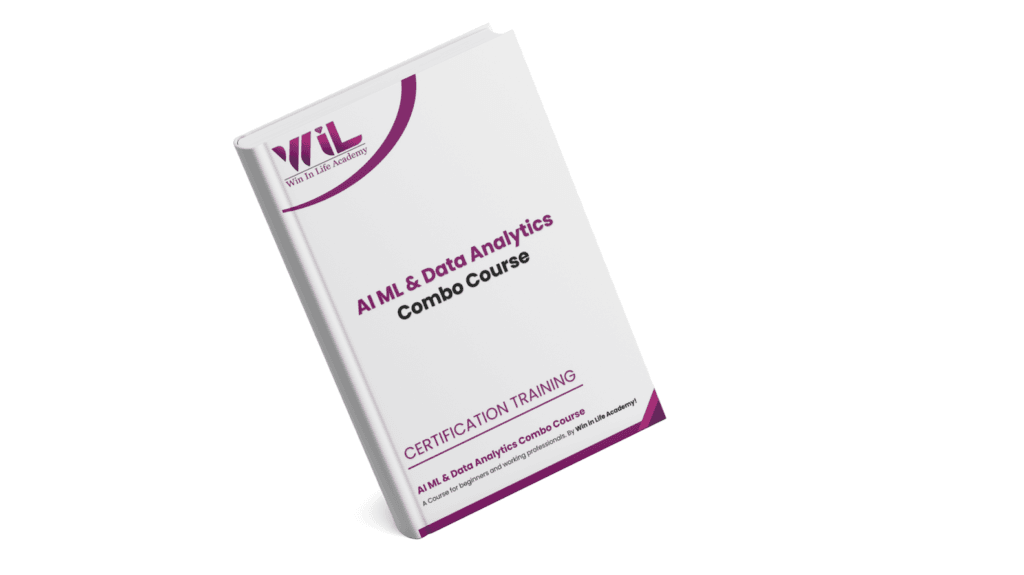- Home
- Data Science Course
Data Science Course
We all know that data is new oil now. If you have the ability to extract meaningful industry insights and build predictive intelligence, you will have the most valuable skills. Win in Life Academy’s data science course is crafted by industry experts to help you transform into a job-ready data scientist. As we believe in creating WINners, our program reflects a blend of live interactive sessions, hands-on practical training, and dedicated 100% placement assistance.
Launch your high-growth career by upskilling and transitioning into a data-driven role. That is your gateway to a successful career endeavor. By enrolling in this data science course, you will dive deep into the entire data science lifecycle to advance machine learning models and to build and deploy.
Are you ready to turn data into your own competitive advantage. Truely, Win in Life!

Program Details
6+2
Months
Key Takeaways of Data Science Course
- Tools and Techniques : Be proficient in programming languages like Python or R. With the use of critical libraries and trolls for data manipulation, statistical analysis, visualization, and move beyond theoretical understanding.
- Predictive Modeling : Understand and implement machine learning algorithms. Learn to build predictive models and assess performance. Derive actional data-driven industry insights along with forecasting future trends.
- Problem-Solving Skills : Foster a mindset of approaching real-world problems with each through data-driven insights. Frame questions to be answered, identify relevant datasets, clean and prepare data to inform strategic decisions.
- Data communication : Let’s effectively communicate your findings to non-technical stakeholders. Learn to create data visualizations, present insights clearly, and construct narratives around informed decision making with analysis.
Learning Summaries for Data Science Course
- Get a comprehensive understanding of data, its types, and data analytics lifecycle. You will be able to learn how to approach a data problem from its initial stage of data collection and cleaning to data modeling, and how to communicate valuable insights.
- Let us harness machine learning and statistical modeling. Hone your ability to build, evaluate, deploy predictive models, enhance data-driven foresight, proactive decision-making to translate into tangible business advantages like operation optimization.
- Our data science certification curriculum trains you to transform raw data into clear, actionable intelligence. Get to master the entire data lifecycle to ensure that you can extract meaningful data patterns and critical insights to drive tangible success.
- Beyond technical skills, we emphasize career and job-readiness with 100% placement assistance to you. Build your portfolio through real-world projects while getting personalized interview prep, and industry connections. Win in Life with data science.
- Data and Machine Learning foundation
- Core AI Concepts and Techniques
- Data Analytics for Insights and Decision Making
- Data pre-processing is Crucial: Understanding how to clean, transform, and prepare raw data (handling mission values, outliers, scaling, encoding) is fundamental for building effective machine learning models. The quality of data directly impacts model performance.
- Machine Learning Algorithms: Various algorithms (e.g., linear regression, decision trees, clustering) are suited for different types of problems (regression, classification, unsupervised learning). Choose the right algorithm that depends on the data characteristics and the desired outcomes.
- Essential Model Evaluation: Evaluate the performance of machine learning models using appropriate metrics (e.g., accuracy, precision, recall, F1-score, RMSE) and techniques (e.g., train-test split, cross-validation) to ensure generalization to unseen data.
- Bias and Variance Trade-off: Understanding the concepts (under-fitting) and variance (overfitting) and how to manage this trade-off is key to building models that perform well on new, unseen data.
- AI comes with a Range of Capabilities: Artificial Intelligence is a wider field than just machine learning, including areas like natural language processing (NLP), computer vision, and robotics, all aiming to create intelligent agents.
- Machine Learning is a Subset of AI: ML provides algorithms that enable computers to learn from data without explicit programming, forming a core component of many modern AI systems.
- Deep Learning Leverages Neural Networks: Deep learning, a subfield of ML, utilizes artificial neural networks with multiple layers to learn intricate patterns from large datasets, achieving significant breakthroughs in areas like image recognition and NLP.
- Ethical Considerations: Paramount in AI development, recognizing and addressing potential biases, fairness issues, and the societal impact of AI technologies is crucial for responsible innovation and deployment.
- Transforms Raw Data into Actionable Insights: The process involves collecting, cleaning, analysing, interpreting, and visualizing data to uncover patterns, trends, and valuable information for decision-making.
- Different Analytics Serve Different Purposes: Descriptive analytics (what happened?), diagnostic analytics (why did it happen?), predictive analytics (what will happen?), and prescriptive analytics (how can we make it happen?) provide a framework for understanding data at various levels.
- Visualization offers Effective Communication: Presenting data insights through charts, graphs, and dashboards makes complex information accessible and understandable to stakeholders, facilitating better decision-making.
- Statistical Methods Underpin Data Analysis: Understanding fundamental statistical concepts like probability, distributions, hypothesis testing, and regression analysis is essential for drawing meaningful and reliable conclusions from data.
Data Analytics AI Machine Learning
Enrolling in data analytics AI machine learning combo course offers numerous advantages in recent data-driven world. This interdisciplinary skillset is highly sought after across various industries, leading to a wide range of well-paying job roles such as Data Scientists, Machine Learning Engineer, AI Specialist, Business Intelligence Analyst, and more.
- Versatile and Future-Proof Skillset: The AI ML Data Analytics combo course provides a strong foundation in data handling, analytical techniques, and intelligent system development, making graduates adaptable to technologies and various industry needs.
- Comprehensive Understanding and Synergy: This combo course allows you for a deeper understanding of how they interrelate. The combination provides the foundation for data-driven insights, predictive modelling and automation, and boarder goal of creating intelligent systems.
- Problem-solving and Innovation Capabilities: The course equips you with the skills to analyze complex datasets, identify patterns, build intelligent solutions, and communicate data-driven insights effectively. This fosters critical thinking and collaborative opportunities to innovation.

I'm Interested in this program?
Certifications for Data Science Course
Earn data science certificate after the completion of the course and set your standard on a global level with Win in Life Academy.
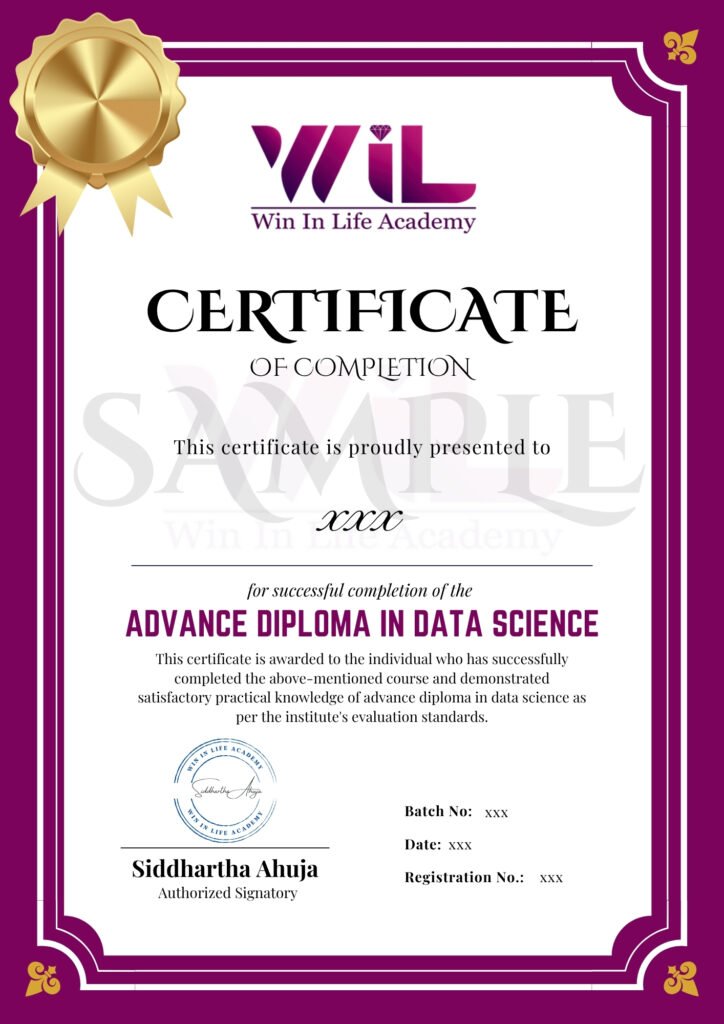
Globally Recognised Certification
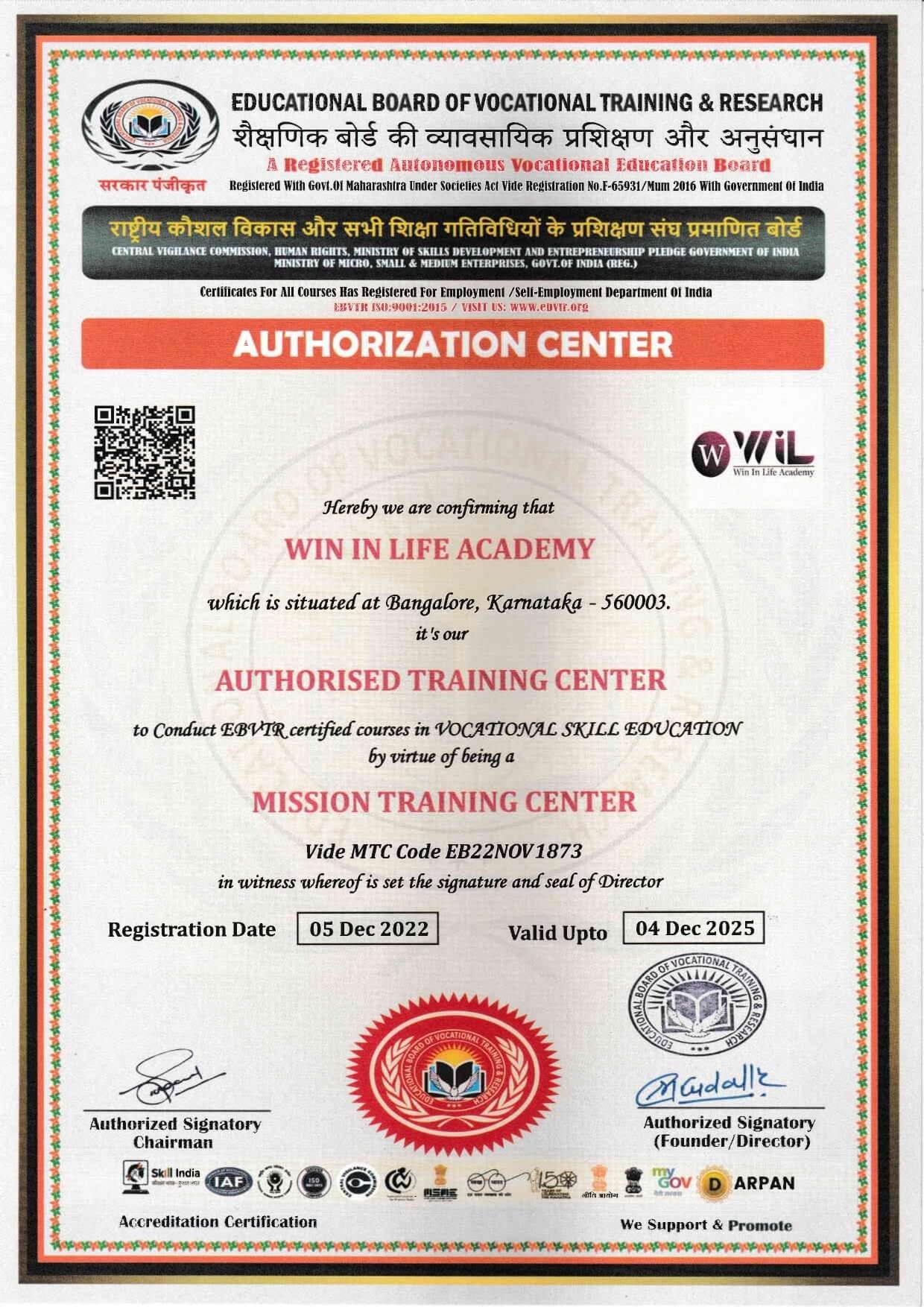
Educational Board of Vocational Training and Research
Note: Secure your data science certificate that will help you get job prospects more easily with industry expert training at Win in Life Academy.
Tools to be Covered in Data Science Course

python
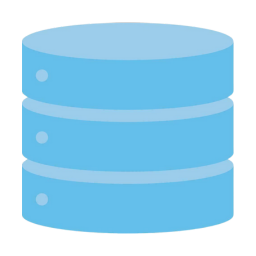
SQL
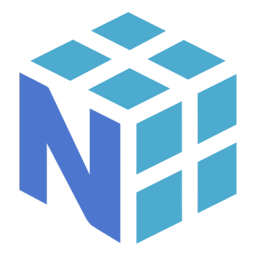
NumPy

Pandas

R Programming
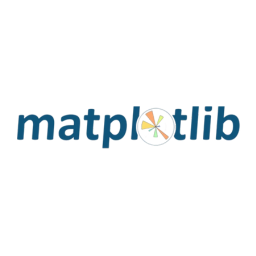
Matplotlib
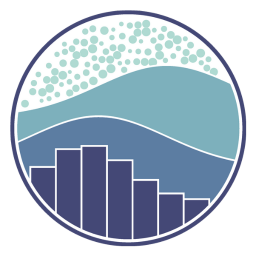
Seaborn

Scikit-learn
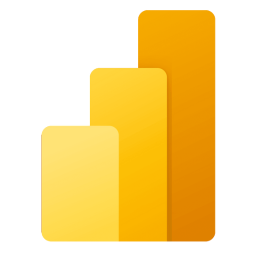
Power BI
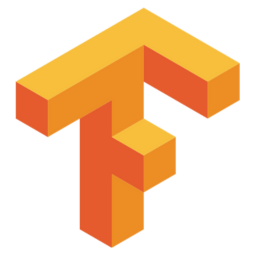
TensorFlow

PyTorch

Keras

RStudio
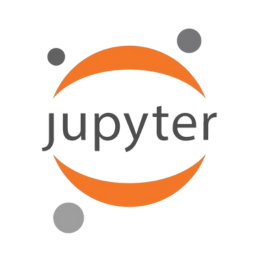
Jupyter Notebook

Tableau

GitHub
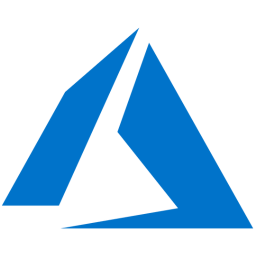
Microsoft Azure
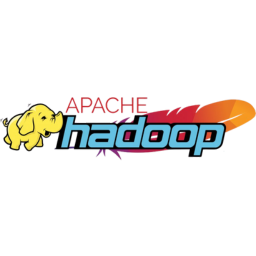
Apache Hadoop
- Disclaimer: The datasets, platforms, software, and tools provided in this Data Science Course are strictly for educational purposes to facilitate learning and concept understanding. They are not designed or optimized for real-world production environments.
- These resources may have functional limitations, be trial versions, or require specific configurations. Their use for educational purposes involves inherent risks like data loss or system instability. Win in Life Academy offers no guarantees or warranties regarding their accuracy, performance, reliability, or suitability beyond the scope of your educational experience.
Master 20+ essential industry tools

Data Science Course Curriculum
Learn data science professional veterans to kickstart your growth and advancement in the industry you want.

Get a comprehensive understanding of the data science nuances, crafted by industry standards to help you move forward with your ideal career choices.
Industry-Aligned Course curriculum
Practical Learning Environment
Assignment and Interview Preparation options
100% Placement Assistance under PMP program
Pre Data Science Course Curriculum
Modules
Non-Technical
Module 1
English Communication & Grammar
- Basics of Communication
- Grammar and Vocabulary
- Verbal Communication Skills
- Written Communication
- Non-verbal Communication
- Confidence and Public Speaking
- Professional Communication Etiquette
- Practical Application
- Continuous Learning
Module 2
Mock Interviews
(Practice Assessment Test)
- Personal Introduction
- Technical Skills
- Problem-Solving
- Behavioral Insights
- Industry Knowledge
- Hypothetical Scenarios
- Soft Skills
Module 3
Corporate Etiquette
- Making the Most of Meetings
- Dressing Right for the Workplace
- Being Respectful and Thoughtful at Work
- Keeping Your Workspace Clean and Organized
- Using Technology Responsibly
- Dining with Manners in Professional Settings
- Building Relationships Through Networking
- Best Practices for Virtual Meetings and Online
- Communication
- Managing Your Time and Meeting Deadlines
- Understanding and Respecting Cultural Differences
- Leaving a Job Gracefully
Module 4
Aptitude
Technical Program Modules for Data Science
The data science course curriculum provides a comprehensive understanding of the concepts and practical skills requires to help you excel in the field.
Module 1
Introduction to Data Science
This module lays the groundwork by defining data science, its applications, and the essential roles within the field.
- Introduction to the Excel interface (Ribbon, Quick Access Toolbar, Backstage View)
- Navigating worksheets and workbooks
- Data entry and editing
- Basic formatting (fonts, alignment, number formats)
- Working with cells, rows, and columns
- Basic formulas and functions (SUM, AVERAGE, COUNT, MIN, MAX)
- Saving and opening workbooks
- Printing worksheets
Intermediate Excel:
- Working with more complex formulas and functions (IF, VLOOKUP, HLOOKUP, INDEX, MATCH)
- Data validation
- Conditional formatting
- Creating and formatting charts and graphs
- Working with tables
- Sorting and filtering data
- PivotTables and PivotCharts for data summarization and analysis
- Working with multiple worksheets and workbooks
- Advanced formulas and array formulas
- Working with text functions (LEFT, RIGHT, MID, CONCATENATE)
- Date and time functions
- Logical functions (AND, OR, NOT)
- Data analysis tools (Goal Seek, Scenario Manager, Solver)
- Statistical functions (STDEV, VAR, CORREL)
- Introduction to Macros and VBA (Visual Basic for Applications)
- Importing and exporting data from various sources
- Power Query (Get & Transform Data) for data cleaning and shaping
Highlights

Module 2
Statistics and Probability
This module provides the fundamental statistical and probabilistic concepts necessary for understanding and interpreting data.
- What is data? Types of data (structured, unstructured, semi-structured)
- Data sources and collection methods
- Data quality and its importance
- Data ethics and privacy considerations
- Spreadsheets (Excel, Google Sheets) – potentially a brief review or focus on advanced features not covered in Module 1.
- Database Management Systems (DBMS) – Introduction to concepts (tables, records, fields) and possibly a brief overview of SQL.
- Data Analysis Software (e.g., Python with Pandas, R) – introductory concepts and potential for basic exercises.
- Data Visualization Tools (Tableau, Power BI) – high-level overview, preparing for later modules.
- Cloud-based data platforms (e.g., Google Cloud, AWS, Azure) – basic awareness.
- Data storage and organization principles
- Data governance and security basics
- Data lifecycle management
Highlights

Module 3
Mathematics for Data Science
This module equips learners with the essential mathematical tools and techniques underpinning data science algorithms.
- The data analysis process (define, collect, clean, analyze, interpret, communicate)
- Types of data analysis (descriptive, diagnostic, predictive, prescriptive)
- Formulating analytical questions
- Identifying key performance indicators (KPIs)
- Techniques for summarizing data (descriptive statistics, frequency distributions)
- Visualizing data to identify patterns and anomalies (histograms, scatter plots, box plots)
- Identifying missing values and outliers
- Understanding data distributions
- Correlation analysis
- Trend analysis
- Comparative analysis
- Segmentation analysis
- Basic forecasting techniques
- Drawing conclusions from data analysis
- Presenting findings effectively using visuals and narratives
- Understanding the limitations of data analysis
Highlights

Module 4
Programming (Python/R)
This module introduces the core programming skills in either Python or R, crucial for data manipulation and analysis.
- Measures of central tendency (mean, median, mode)
- Measures of dispersion (range, variance, standard deviation, interquartile range)
- Understanding distributions (normal, skewed, etc.)
- Visualizing distributions (histograms, box plots)
- Populations and samples
- Sampling methods
- Central Limit Theorem
- Confidence intervals
- Hypothesis testing (null and alternative hypotheses, p-values, significance level)
- Common statistical tests (t-tests, ANOVA, chi-square tests)
- Understanding correlation (positive, negative, no correlation)
- Simple linear regression (fitting a line to data, interpreting coefficients)
- Introduction to multiple regression (concepts)
- Basic probability concepts
- Conditional probability
- Bayes’ Theorem (potentially)
Highlights

Module 5
Data Wrangling
This module focuses on the essential techniques for cleaning, transforming, and preparing raw data for analysis.
- Relational database concepts (tables, schemas, keys)
- SQL basics (data types, operators)
- Database management systems (overview)
- Basic SELECT queries
- Filtering data with WHERE clause
- Sorting data with ORDER BY clause
- Selecting distinct values
- Using aggregate functions (COUNT, SUM, AVG, MIN, MAX)
- Grouping data with GROUP BY clause
- Filtering grouped data with HAVING clause
- Understanding different types of joins (INNER, LEFT, RIGHT, FULL)
- Writing JOIN clauses
- Inserting, updating, and deleting data (INSERT, UPDATE, DELETE statements)
- Creating and altering tables (CREATE TABLE, ALTER TABLE, DROP TABLE)
- Using string functions (e.g., SUBSTRING, UPPER, LOWER, TRIM)
- Working with date and time functions
- Handling NULL values
- Using CASE statements for conditional logic
- Writing subqueries
- Understanding and using CTEs for complex queries
Window Functions (Introduction):
Overview and basic applications for ranking and aggregation within partitions.
Highlights

Module 6
Exploratory Data Analysis (EDA)
This module teaches how to explore and visualize data to uncover patterns, insights, and potential issues.
- Tableau interface and terminology
- Connecting to various data sources
- Understanding dimensions and measures
- Creating different chart types (bar charts, line charts, scatter plots, pie charts, etc.)
- Working with marks card (color, size, shape, label, detail, tooltip)
- Using shelves (rows, columns, filters, pages)
- Sorting and filtering data
- Grouping and binning data
- Creating calculated fields
- Using parameters
- Working with hierarchies
- Creating dual-axis charts
- Using maps for geospatial analysis
- Building dashboards and stories
- Interactive elements (actions, filters)
Formatting and Annotations:
- Customizing visualizations for clarity and aesthetics
- Adding annotations and mark labels
Sharing and Exporting:
- Saving and sharing workbooks
- Publishing to Tableau Server or Tableau Public
- Exporting visualizations
Highlights

Module 7
Machine Learning Basics
This module introduces the fundamental concepts and algorithms of supervised and unsupervised machine learning.
- Power BI Desktop interface
- Connecting to various data sources
- Understanding fields, measures, and calculated columns
- Creating different chart types (bar charts, line charts, scatter plots, pie charts, maps, etc.)
- Working with the Visualizations pane (fields, formatting)
- Using filters and slicers
- Understanding relationships between tables
- Creating and managing relationships
- Introduction to DAX (Data Analysis Expressions) for calculations
- Creating combo charts and dual-axis charts
- Using advanced chart types (treemaps, funnel charts, gauge charts)
- Building interactive dashboards and reports
- Using drill-down and drill-through features
- Publishing reports and dashboards to the Power BI Service
- Sharing and collaborating on dashboards and reports
- Creating and managing workspaces
- Understanding data refresh options
- Understanding DAX syntax and functions
- Creating basic measures and calculated columns
Highlights

Module 8
Databases and SQL
This module covers the principles of database management and the essential language of SQL for data retrieval and manipulation.
- Integrating Python, Excel, and MySQL to create a data dashboard
- Using visualization libraries (Matplotlib, Seaborn)
- Connecting the application to MySQL for data storage
- Techniques for optimizing Python and SQL code
- Implementing robust error handling in Python and SQL
- Work on a comprehensive project integrating Python, Excel, and MySQL
- Evaluation Of a Model
- Practical
- Data Dashboard Development
- Code Optimization
- Error Handling
- Data Visualization
- Database Integration
Highlights

Module 9
Big Data Fundamentals
This module covers the principles of database management and the essential language of SQL for data retrieval and manipulation.
Module 10
Data Visualization
This module focuses on the art and science of creating effective visual representations of data for communication and insight.
Module 11
Introduction to AI and Deep Learning
This module offers an introduction to the concepts and architectures of artificial intelligence and deep learning.
Module 12
Ethics and Data Privacy
This crucial module addresses the ethical considerations and best practices for handling data responsibly and ensuring privacy.
Module 13
Data Mining and Feature Engineering
This module delves into techniques for discovering hidden patterns in data and creating impactful features for modelling.
Module 14
Cloud Computing for Data Science
This module introduces the use of cloud platforms for scalable data storage, processing, and machine learning workflows.
Module 15
Natural Language Processing (NLP)
This module introduces the techniques for analysing and understanding human language data.
Module 16
Data Engineering
This module focuses on the principles and practices of building and maintaining robust data pipelines and infrastructure.
Module 17
Projects and Case Studies
This module provides practical experience through real-world projects, allowing learners to apply their acquired skills.
Our Distinctive Approach in Data Science Course
Exceptional data science course with blended approach to advanced tools. Our industry experts meticulously craft course curriculum to guide you with ease.
Real-World Projects
Win in Life Academy look after the practical applications through extensive case-studies, projects, theoretical understanding and up-to-dated with industry practices.
Expert Mentorship from Leading Professionals
Our expert professional help you dive deep into industry insights while stimulating critical thinking aligned with the latest industry trends.
Career Advancement
Our data science course will help you gain career opportunities using peer-to-peer interactions, network with industry veterans, and access to direct employers.
Program Fees
New Batches Starts Every 15th & 30th
₹1,50,000 (*Incl. Taxes)
Note: 0% interest rates with no hidden cost
Programme Faculty
What's Unique About This Program?
Why is our Data Science the top choice?
Features
Industry-Focused Curriculum
Placement mentorship program
Corporate Etiquette Sessions
Capstone projects
LMS Course kit
EC Council collaboration
Recorded Video
1:1 Personalized Mentorship
Placement Mock Interviews
Interdisciplinary expertise
Industry Expert sessions
WILA
Institute 1
Institute 2
Institute 3
Success Stories
Graduate Perspectives

Win in Life’s Data Science Course
Get to learn from the best data science course. Let’s transform your career with industry-led expert training, pre-recorded sessions, live/online classes, and real-world case studies.











Connect with our graduates
Have questions? Reach out to our alumni!
Find WILA alumni profiles and know more about their career path, specialisation and more.
Posted onTrustindex verifies that the original source of the review is Google. Enrolling in the cybersecurity course at WinInLife Academy was the best decision I made for my career. The curriculum is well-structured, and the faculty is highly supportive. Thanks to their incredible placement assistance, I got placed with a top MNC shortly after finishing the course. I highly recommend WinInLife!Posted onTrustindex verifies that the original source of the review is Google. WinInLife Academy provides an outstanding platform for learning cybersecurity. The course content is practical and aligns with the latest industry standards. They go the extra mile in providing placement opportunities, ensuring every student gets the support they need. A great place to start your cybersecurity career!Posted onTrustindex verifies that the original source of the review is Google. The placement team provided resume building and interview tips that helped me secure my first job in ethical hacking.Posted onTrustindex verifies that the original source of the review is Google. WinInLife Academy delivers an outstanding ethical hacking course with a focus on industry needs. Highly recommend!Posted onTrustindex verifies that the original source of the review is Google. Amazing learning experience! The course covered all the tools and techniques used by ethical hackers in the real world.Posted onTrustindex verifies that the original source of the review is Google. This training program is a game-changer for anyone entering cybersecurity in Bangalore. The ethical hacking course exceeded my expectations.Posted onTrustindex verifies that the original source of the review is Google. I was placed within weeks of completing my ethical hacking course in Bangalore, thanks to the academy's excellent guidance.Posted onTrustindex verifies that the original source of the review is Google. Best Ethical Hacking training institute in Bangalore! The course is well-structured, and the trainers are highly knowledgeable. Highly recommend WinInLife Academy!Posted onTrustindex verifies that the original source of the review is Google. I can’t thank WinInLife Academy enough for their amazing cybersecurity course. The teaching methodology is highly engaging, and they focus on real-world applications. Their placement support was the highlight for me—I landed my dream job within a month of completing the course!
(FAQs) on Data Science Course
The Data Science course is a career path for individuals with an aptitude for research, programming, math, and computers. It is the course that helps you deal with real-world applications and find out the job opportunities in data science and what does it takes to involve yourself in this exciting field.
Win in Life Academy’s data science course covers foundational topics such as statistics, probability, programming in Python or R, data manipulation and cleaning, exploratory data basics, and data visualization. The course also includes modules on bid data technologies and their deployment.
The duration of the full-time data science course is 6 months at Win in Life Academy including placement mentorship program with 100% assistance.
Win in Life Academy’s data science course caters completely to beginners. Along with the same, you may require having a foundational understanding of mathematics (such as linear algebra and calculus), basic statistics, and sometimes programming experience. We also offer pre-course modules to bring students up to speed.
The career opportunities you can expect after the data science course are:
- Data Scientist
- Machine Learning Engineer
- Data Analyst
- Business Intelligence Developer
- AI Engineer
However, you can also expect to pursue a specialized job role like Natural Language Processing (NLP) or Computer Vision.
While a data analytics and data science course may be overlapping. Data Analytics courses tend to focus more on historical data analysis, reporting, and deriving insights to inform business decisions. However, data science courses delve deep into predictive modeling, machine learning, and advanced statistical analysis to build models and make predictions.
Data science certification validates your skills and knowledge specifically to your potential employers. By earning a certification, it will help you enhance your resume and demonstrate a commitment to the field. This certification also led to increased earning potential and opens the doors to a new career opportunity for your growth.
When you are about to choose a data science certification, you must consider factors such as the reputation of the issuing body. Along with this, you may also need to consider the course curriculum alignment with your career aspirations (like machine learning, big data, and more), industry recognition, and it includes practical projects or capstone experiences.
In general, a data science certification is not even equivalent to a full-time degree. Data science degree provides a broader theoretical foundation including more extensive research or academic components. While Win in Life Academy’s data science certification focuses on specific skills or a defined body of knowledge.
The process of assessment for a data science certification often includes a combination of quizzes, coding assignments, practical projects, and a capstone project where you apply your learned skills to a real-world dataset.
The global recognition of a data science certification from Win in Life Academy includes NASSCOM (National Association of Software and Service Companies) certification, IAO (International Accreditation Organizations), and EBVTR (Educational Board of Vocational Training and Research).
The data science course for beginners at Win in Life Academy will start with foundational concepts such as mean, median, mode, and standard deviation. You will be introduced to programming languages like Python with its libraries including NumPy and Pandas. You will be also dealing with the understanding of different data types, simple data visualization techniques and more.
It is beneficial to have a strong mathematical background for advanced data science. However, a data science course for beginners usually requires basic arithmetic and algebra. To learn more complex mathematical concepts are often introduced gradually and explained in an accessible manner.
Win in Life Academy’s data science course for beginners help you learn to use Python with its essential libraries including:
- Pandas for data manipulation
- Matplotlib/Seaborn for visualization
- Scikit-learn for introductory machine learning
Apart from these software and tools, Jupyter Notebooks are also used for coding and analysis to help you understand data science in a more accessible manner.
The data science course for beginners is an initial step to get into the career path with a strong foundation in it. Earning a data science certification might qualify you for entry-level job roles like data analyst. If you want to secure a position of Data Scientist, you may require further learning, hands-on projects, and deep dive with an understanding of advanced algorithms.
Following are the common pitfalls for beginners including:
- Focusing too much on theory without their practical applications
- Getting overwhelmed by the volume of information
- Not practicing the applications regularly
- Trying to memorize everything instead of understanding the concepts.
The main advantages of enrolling in a data science online course are:
- Flexibility in terms of schedule and location.
- Wider range of course options
- Cost effectiveness
- Self-paced learning options
- Suitable for individuals with other commitments
To ensure the quality of the data science online course, you should investigate established industry training providers. In this case, you should investigate the certifications and accreditations of the academy/institution/organization. For example, Win in Life Academy holds certifications and accreditations from NASSCOM (National Association of Software and Service Companies) certification and EBVTR (Educational Board of Vocational Training and Research).
While the support can vary for different students, it depends on the academy/institution you are enrolling in. This support may include placement assistance, discussion forums where instructors or TAs answer questions, peer to peer learning communities, live Q&A sessions, or dedicated technical support for platform-related issues.
Yes! Win in Life Academy offers practical projects and hands-on exercises included in the data science online course. We offer practical learning including coding exercises, assignments with real-world datasets, and often culminate in a capstone project to apply learned skills.
Data Science Python Certification from Win in Life Academy assesses your skills in Python programming fundamentals, data manipulation with Pandas, numerical computing with NumPy, data visualization tool Matplotlib and Seaborn, and basic machine learning concepts using the tool Scikit-learn.
A data science Python certification focuses on its applications in data science, including libraries like Pandas, NumPy, and Scikit-learn, and concepts such as data cleaning, analysis, and modeling. However, a general Python programming certification might cover broader concepts in programming, i.e., applicable across various domains including finance, healthcare, e-commerce, information technology, and another domain.
While Win in Life Academy’s data science Python certification course is specifically designed for beginners, other data science certifications assumes a basic understanding of Python Syntax and programming concepts. It is some advice for you to look for eligibility criteria for the certification.
Following are the common projects in a data science Python certification involving:
- Tasks like data cleaning and preprocessing
- Exploratory data analysis on real datasets
- Building and evaluating simple machine learning models
- Creating informative data visualizations
A data science Python certification at Win in Life Academy directly helps you demonstrate your proficiency in the programming languages in data science. This makes you more attractive to employers. Your certification in it confirms your practical ability to work with data, build models, and contribute to data-driven projects.


